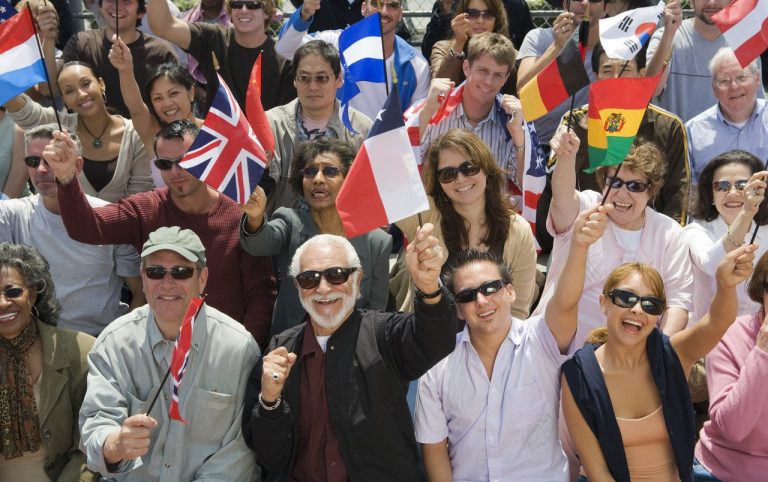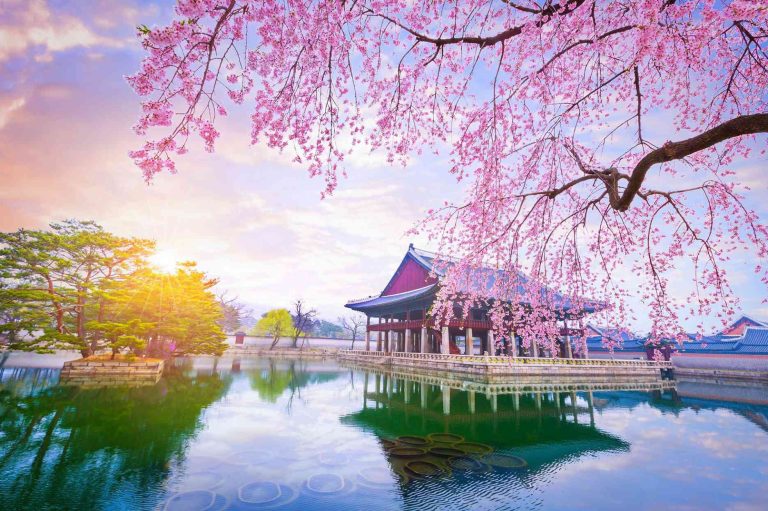.
More Destinations
Taipei is a vibrant city with a rich cultural heritage and modern amenities that make it a must-visit destination. From the bustling night markets to the serene temples, there is something for everyone in Taipei. Whether you want to explore the historic sites, sample the delicious street food, or shop till you drop, Taipei has it all. Don't miss the iconic Taipei 101 skyscraper, the stunning views from Elephant Mountain, or the traditional tea houses in Maokong. A trip to Taipei is sure to be an unforgettable experience!
Xi'an is a city in China known for its rich history and cultural heritage. It is home to the famous Terracotta Army, a collection of life-sized statues that date back to the Qin Dynasty. In addition to this archaeological wonder, Xi'an also boasts ancient city walls, pagodas, and temples that offer a glimpse into its past. Visitors can immerse themselves in the city's vibrant street food scene, sample traditional dishes like Xi'an noodles, and explore the bustling markets and shops. With its mix of old-world charm and modern amenities, Xi'an is a must-visit destination for anyone looking to experience the best of Chinese culture.
Tips to travel to China
Traveling to China offers a vast array of experiences, from ancient landmarks to modern metropolises, scenic landscapes to vibrant cultural traditions. Here are some tips to help you make the most of your trip:
Visa Requirements: Check the visa requirements for your nationality before traveling to China. Most visitors will need to obtain a tourist visa (L visa) before arrival. Ensure that your passport has sufficient validity for the duration of your stay and apply for the appropriate visa well in advance of your trip.
Best Time to Visit: China experiences diverse climates across different regions. The best time to visit depends on your interests and the areas you plan to explore. Spring (March to May) and autumn (September to November) are generally considered the best seasons for travel, with mild temperatures and clear skies. Summer can be hot and humid, especially in southern regions, while winter brings cold temperatures and occasional snowfall in northern areas.
Health Precautions: Consult with your healthcare provider regarding vaccinations and preventive measures for traveling to China. Pack any necessary medications, including over-the-counter remedies for common ailments. Be cautious when consuming street food and drink bottled or purified water to avoid stomach issues. Travel insurance with medical coverage is recommended in case of emergencies.
Currency and Payments: The official currency of China is the Chinese Yuan (CNY), also known as Renminbi (RMB). Credit and debit cards are widely accepted in major cities and tourist areas, but it's advisable to carry some cash for smaller purchases and transactions, especially in rural areas and markets. ATMs are available in urban areas for withdrawing cash in local currency.
Transportation: China has an extensive transportation network that includes high-speed trains, domestic flights, buses, taxis, and ride-hailing services like Didi. High-speed trains are an efficient and comfortable way to travel between major cities, while domestic flights are convenient for longer distances. Public buses are available for traveling within cities and to nearby towns, but be prepared for crowded conditions and limited English signage. Taxis and ride-hailing services are convenient for short trips within urban areas.
Accommodation: China offers a wide range of accommodation options, including hotels, guesthouses, hostels, and serviced apartments. In major cities like Beijing, Shanghai, and Guangzhou, you'll find a variety of lodging options catering to different budgets and preferences. Book accommodations in advance, especially during peak tourist seasons and major holidays.
Language: Mandarin Chinese is the official language of China, but English is spoken in tourist areas and by younger generations. Learning a few basic phrases in Mandarin can enhance your travel experience and facilitate communication with locals, especially in rural areas and off-the-beaten-path destinations.
Cultural Etiquette: Familiarize yourself with Chinese customs and etiquette to show respect for local culture. When visiting temples and religious sites, dress modestly and remove your shoes before entering sacred spaces. Avoid pointing or using gestures with your left hand, as it is considered impolite. When dining with locals, wait for the host to begin eating before you start and use chopsticks with care.
Explore Cultural Heritage: China is home to a rich cultural heritage with thousands of years of history. Visit iconic landmarks such as the Great Wall, Forbidden City, Terracotta Army, and the Summer Palace to learn about China's imperial past. Explore traditional neighborhoods like Beijing's Hutongs, Xi'an's Muslim Quarter, and Shanghai's Old Town to experience local customs and way of life.
Safety: China is generally a safe destination for travelers, but it's essential to stay vigilant, especially in crowded areas and tourist spots. Be cautious of pickpocketing and scams, particularly in crowded markets and tourist attractions. Follow the advice of local authorities and stay informed about any safety updates or travel advisories.
By keeping these tips in mind, you can have a memorable and rewarding experience exploring the diverse landscapes, rich history, and vibrant culture of China.
Itaca Tours, LLC - itacatours.com
120 Park Plaza Dr Apt 3316 - 07094 - Secaucus, United States | Telephone +12154302918
Privacy Policy | ©Copyright. All rights reserved.
We need your consent to load the translations
We use a third-party service to translate the website content that may collect data about your activity. Please review the details in the privacy policy and accept the service to view the translations.


